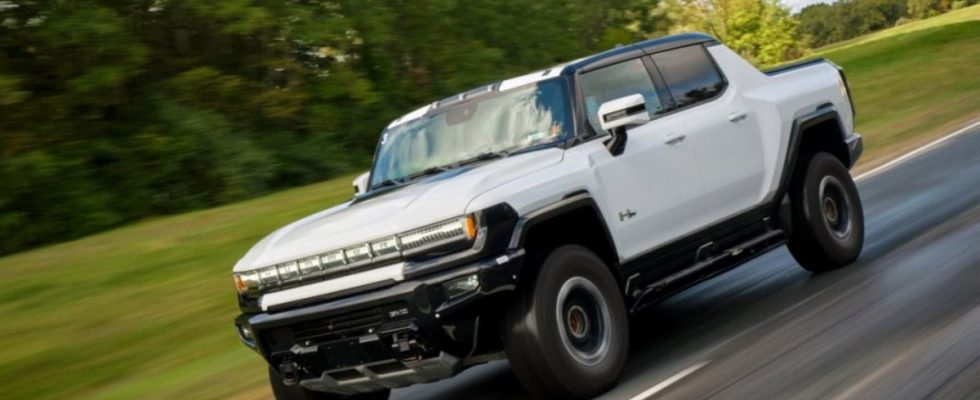The driveline in an electric car differs markedly from that in a fossil-powered car, not only in terms of design, but also from a material perspective.
The material-related discussions surrounding electric cars often deal with problems with rare earth metals such as lithium, cobalt and nickel.
However, a study by WWF in France has identified another metal that could be a bottleneck for the electrification of the vehicle fleet – namely copper.
Porsche shows updated Taycan – the brand’s fastest model
Few deposits to exploit
Copper can be considered a relatively common metal in this context, and is already widely used in all possible areas of society.
This means according to the study, which has been summarized by OTHERWISEthat most of the large deposits of the metal have already been exploited.
Thus, there are now relatively few new deposits of the metal that can be exploited at a reasonable cost.
The twist: Fewer people get personal registration plates
May lead to deficiency
According to the study, this means that in the future there may be a shortage of copper, which risks stopping electrification.
One of the basic problems is that copper is significantly more difficult to replace than other critical metals. For example, research is in full swing to replace lithium in electric car batteries, which means that the risks linked to a lack of lithium are not as great.
In addition, the researchers point out that mining takes a long time to establish, and that the extraction of copper has not increased at the same rate as electrification.
The rumor within Tesla – big layoffs on the way
Electric cars are too heavy
WWF concludes its report with a series of recommendations for the French automotive industry, which can help to solve the potential shortage of critical metals.
Most of these focus on the weight of the cars and the size of the batteries, which seems justified given how large and heavy many modern electric cars are.
Among other things, it is proposed that taxes should be designed to control the size of the batteries down to 50 kWh, or that electric cars weighing more than 1.6 tons should receive tax breaks. However, it is conceivable that large families should be able to receive subsidies when purchasing electric cars weighing up to 2 tonnes.
They also want car manufacturers to start reporting the average weight of their vehicles, and for them to be penalized for cars weighing more than 1.6 tonnes.
Abolished tax credits for plug-in hybrids, promotion of cycling, car sharing and public transport, as well as facilitating the purchase of electric cars for low-income earners are also mentioned as measures.
Ford scraps type of self-driving – useless to customers
